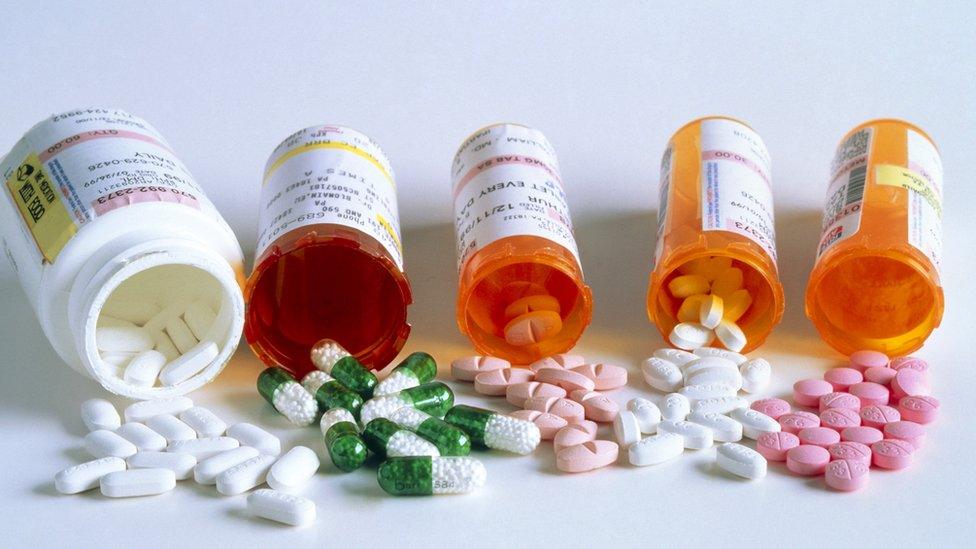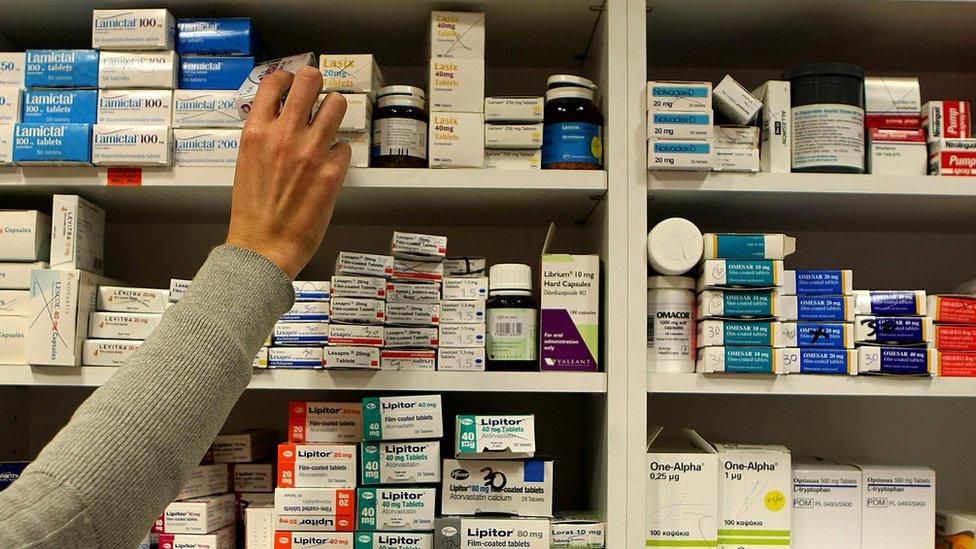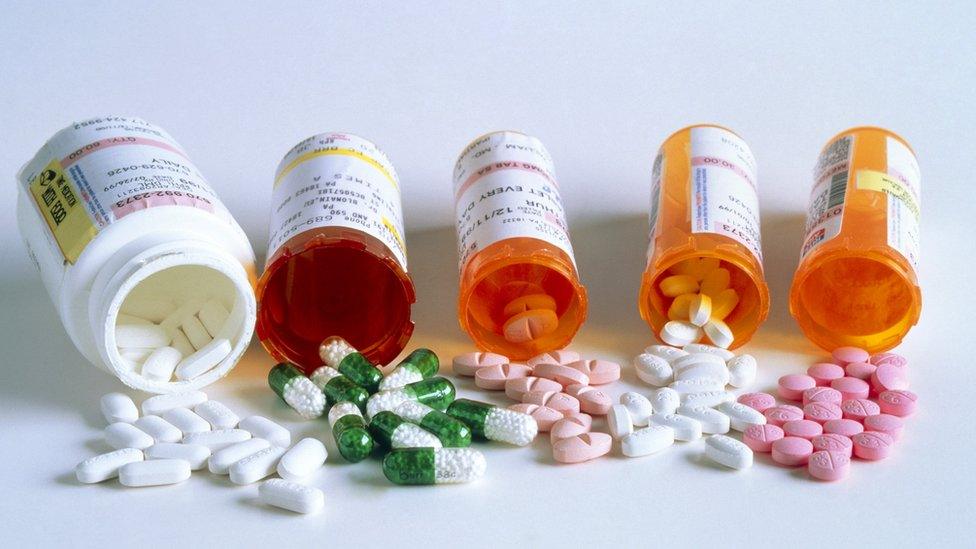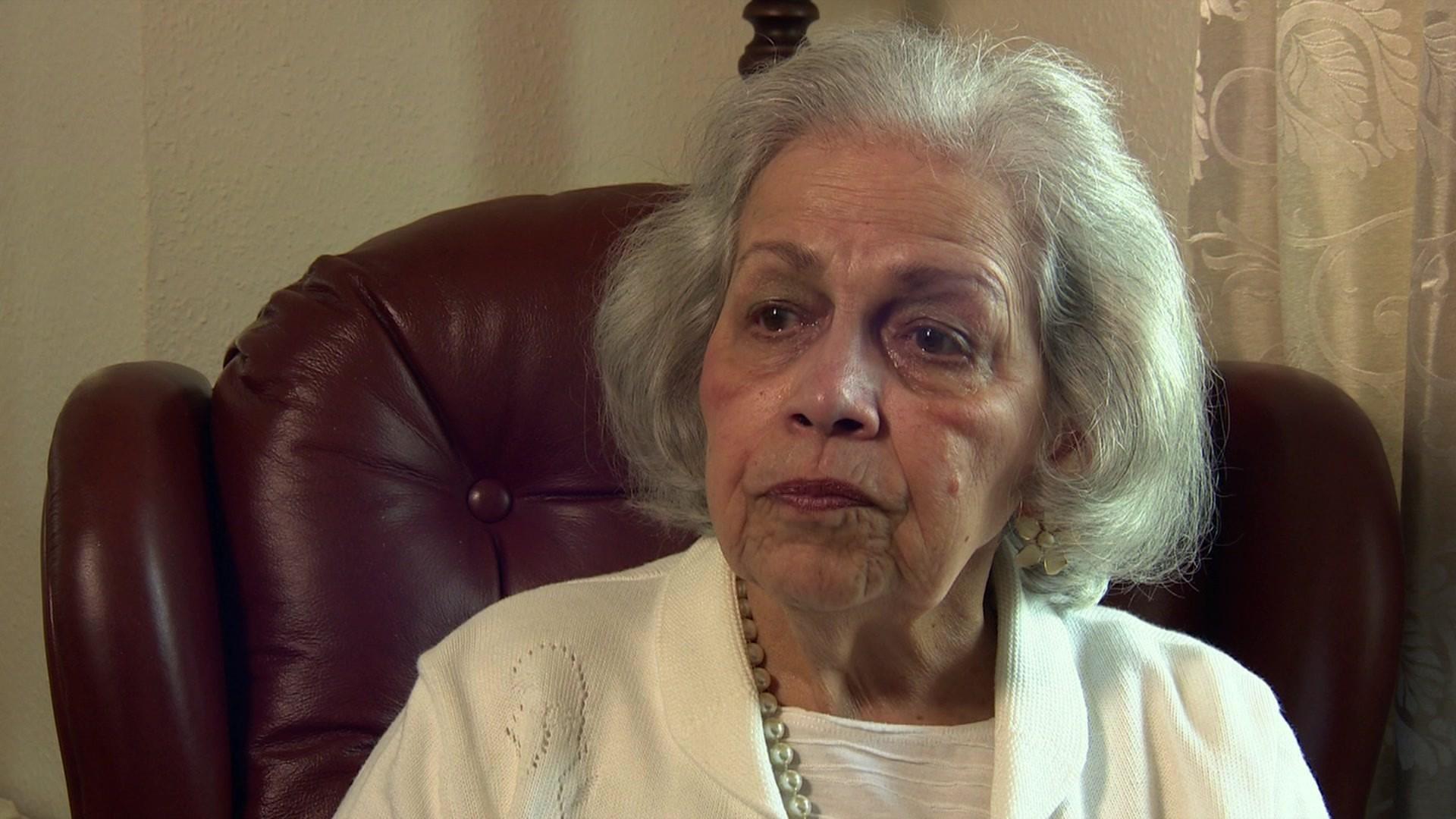Are doctors prescribing too many drugs?
- Published

It's a question being asked more frequently in medical circles in many countries.
Are doctors diagnosing too much and prescribing too often?
With the finances of the NHS under increasing pressure, the debate on what's been dubbed over-treatment and the medicalisation of society has gained added salience.
The issue does not just focus on doctors. Patients have responsibilities too.
Excessive demands for unnecessary treatments are felt by some medics to be getting out of hand.
Researching conditions and diseases on the internet can lead to patients putting pressure on doctors to agree to interventions.
So how can unnecessary treatments be defined?
The Academy of Medical Royal Colleges has tried to come up with answers after asking members, experts in different fields, to list those which they felt offered little or no benefit to patients.
X-rays for lower back pain and plaster casts for small wrist fractures in children were among those nominated.
'A pill for every ill'
The initiative from the academy aims to get doctors and their patients to consider seriously whether a treatment or procedure is necessary before making decisions on how to proceed.
Professor Sue Bailey, chairman of the academy, said: "Medical or surgical interventions don't need to be the only solution offered by a doctor and more doesn't always mean better."
The academy has dubbed its initiative "Choosing Wisely" and it follows similarly named exercises in other countries.
The US, Canada, Germany and Japan have gone down this route, indicating that the NHS is not the only healthcare system with resource pressures.

An article in the British Medical Journal in March 2015 by Dr Aseem Malhotra and others noted that the idea that some medical interventions might not help a patient at all is old as medicine itself.
The article goes on to advocate that for some treatments doctors and patients should be "supported to acknowledge that a minor potential benefit may not outweigh potential harm, the minimal evidence base, and substantial financial expense and therefore that, sometimes, doing nothing might be the favourable option".
The trend known as medicalisation is seen as a growing threat to health systems, not least the NHS.
"A pill for every ill" is what many people expect in a consumer driven society and what time pressured doctors find themselves signing up to.
Care rationing?
Statins are widely acknowledged to be an effective preventive medication for those at risk of heart problems but patient numbers have steadily increased. New guidance from the regulator NICE has widened the suggested eligibility which could take the total in the UK to around eight million.
A study published by Queen Mary College, University of London in 2014 found that taking an aspirin a day could reduce the risk of dying from certain cancers.
The study was seen as authoritative but generated more debate about whether encouraging consumption of more pills was beneficial.
Cynics might feel this is a covert attempt by the medical establishment to ration NHS care and blame a shortage of money.
The Academy of Medical Royal Colleges denies that the financial angle is the main motivation for its initiative. But there have been estimates that eliminating unnecessary treatments could save the NHS £2bn a year.
Whether that's achievable is another matter but with health budgets a pressing issue, "over-diagnosis" is undoubtedly a hot topic for debate.
- Published24 October 2016

- Published23 October 2016

- Published7 July 2014
